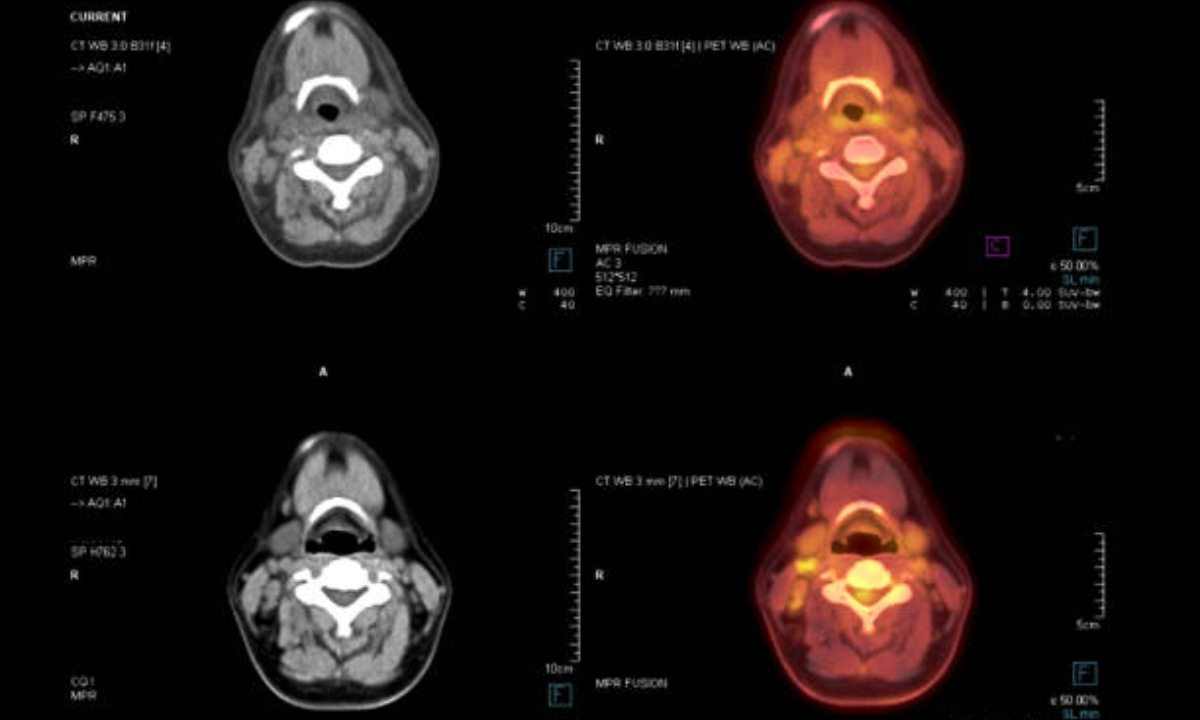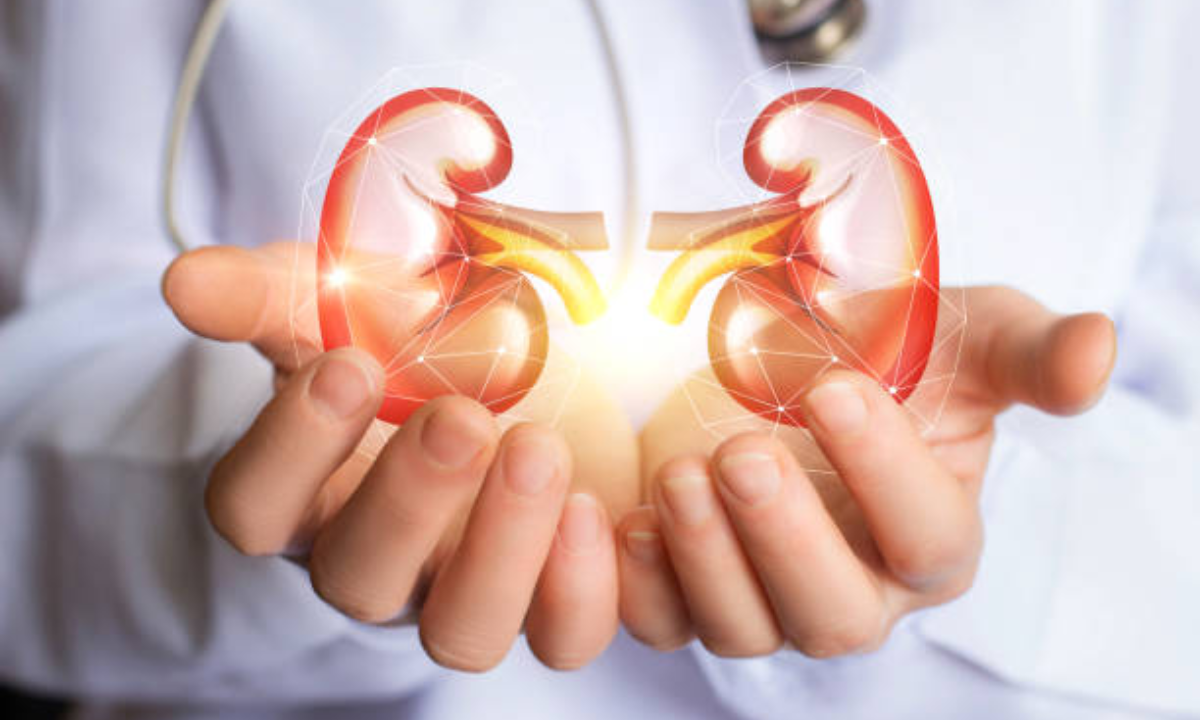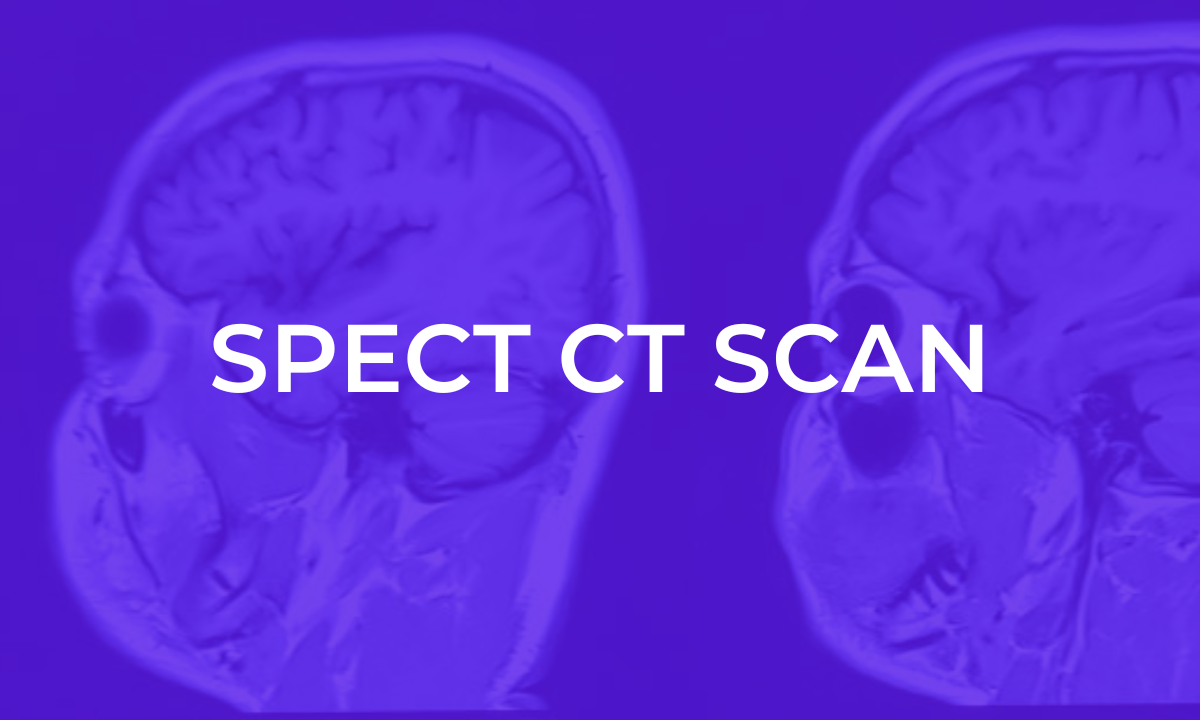Cardiac disease is among the top causes of demise, so early detection and preventive care are vital. The MPI scan (Myocardial Perfusion Imaging) is one of the best diagnostic tools for testing cardiac health. It is non-invasive and used to diagnose coronary artery disease and check for overall heart function.
With advancements in medical technology, an MPI scan in Bangalore a high-end healthcare facility is now easier to access. In this blog, let us discuss the significance of an MPI, how it is conducted, and why it is a must-have tool in preventive heart diagnosis.
What is an MPI Scan?
MPI scan (Myocardial Perfusion Imaging) is a nuclear imaging test that quantifies heart muscle blood flow. It helps doctors detect areas of reduced blood supply, which could indicate Coronary Artery blockage or injury.
It is particularly useful in patients with complaints and symptoms of chest pain, shortness of breath, or a history of heart disease. It is typically performed before or after a stress test to monitor the blood flow in different states.
How Does an MPI Scan Work?
A radioactive tracer is used to highlight areas of the heart that are receiving adequate or inadequate blood supply. The test involves the following steps:
- Injection of Radioactive Tracer – A small, harmless amount of a radioactive substance is injected into the bloodstream. The tracer travels to the heart and highlights blood flow patterns.
- Imaging with SPECT Scan – A SPECT scan captures images of the heart at rest and after physical or drug-induced stress.
- Analysis of Blood Flow – Images help doctors determine whether there is impaired blood flow to any area of the heart, which may indicate blockages or damage.
Why is an MPI Scan Important for Heart Health?

1. Early diagnosis of Coronary Artery Disease (CAD)
Coronary artery disease develops when the arteries that supply blood to the heart become narrowed or plugged up with plaque. The MPI scan can detect coronary artery disease at an early stage, and with early treatment, serious effects like a heart attack are prevented.
2. Assessment of Heart Function
The test assesses the efficiency of the functioning of the heart muscles. It provides significant information regarding the pumping ability of the heart, which is critical in the diagnosis of heart failure and other cardiac diseases.
3. Facilitates Treatment Planning
For patients already diagnosed with heart disease, an MPI scan assists doctors in planning therapy such as angioplasty, bypass grafting, or medication control. It supports the decision of whether a given therapy is improving blood flow or whether additional interventions are needed.
4. Non-Invasive and Safe
Compared to other procedures that need the catheter to be inserted in the arteries, an MPI scan is not invasive. The use of a radioactive tracer is harmless, and the dose of radiation is small, so it can be used for most patients.
The radioactive tracer is the most important factor in the MPI scan. It allows imaging devices to obtain good, high-quality pictures of the heart. The most commonly used tracers are:
- Technetium-99m – Delivers high-resolution images with minimal levels of radiation exposure.
- Thallium-201 – Used in some cases for greater evaluation of heart muscle viability.
There is no harm inflicted by the tracers, and they are expelled from the body naturally within a short period.
Who Should Undergo an MPI Scan?
An MPI scan is suitable for patients who:
- Have symptoms of heart disease (chest pain, difficulty in breathing).
- Have coronary artery disease or myocardial infarction (heart attack) in their history.
- Need their heart function checked before undergoing major surgery.
- Are under treatment for heart ailments and must be kept under observation.
The Process of Getting an MPI Scan in Bangalore
If you are about to get an MPI scan in Bangalore, the process is very simple and well-structured:
- Consultation with Cardiologist – A professional will review your history and symptoms to determine if an MPI scan is necessary.
- Preparation for Scan – Patients are asked to discontinue caffeine, smoking, and certain medications before the test.
- Having the MPI Scan – The procedure takes around 2-4 hours, with imaging before and after a stress test.
- Results and Diagnosis – The cardiologist reviews the images and discusses the results with the patient to guide the next step.
Benefits of Getting an MPI Scan in Bangalore
- Access to high-tech medical facilities.
- Qualified cardiologists and nuclear medicine specialists.
- Access to state-of-the-art SPECT scan technology for precise imaging.
- Quick and precise diagnosis, leading to better treatment planning.
Conclusion
Understanding the importance of MPI scans in preventative heart diagnosis will allow individuals to take control of their heart care. Early detection of coronary artery disease, proper assessment of heart function, and effective treatment planning make this test an invaluable tool in cardiology. For people living in Bangalore, it is now more convenient than ever to access the right facility for an MPI scan, with modern diagnostic centres.







